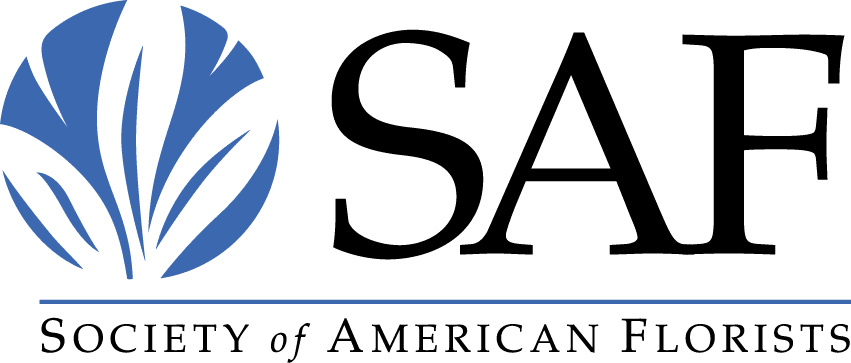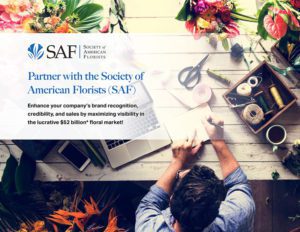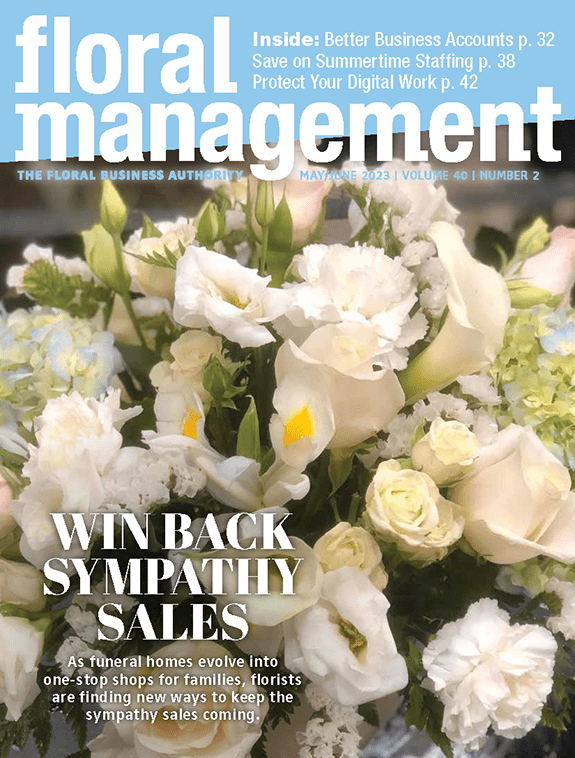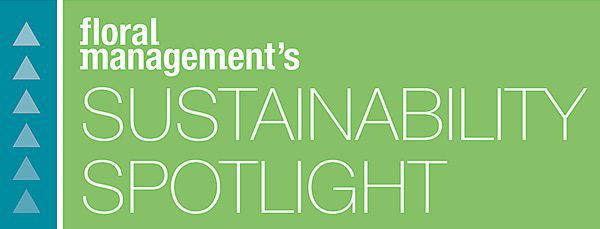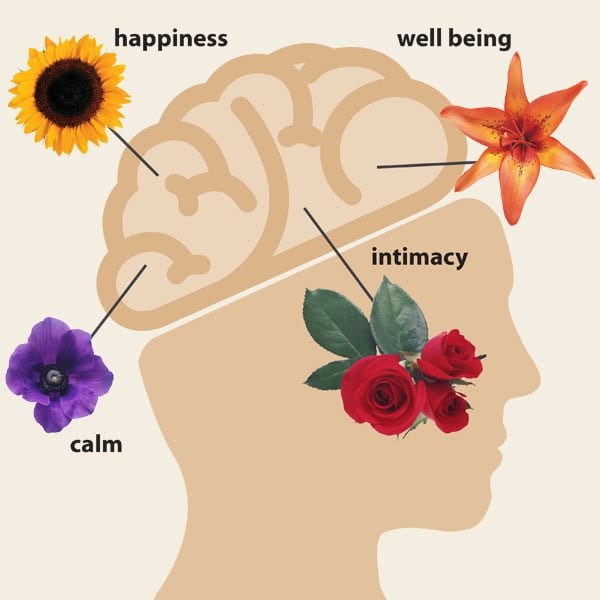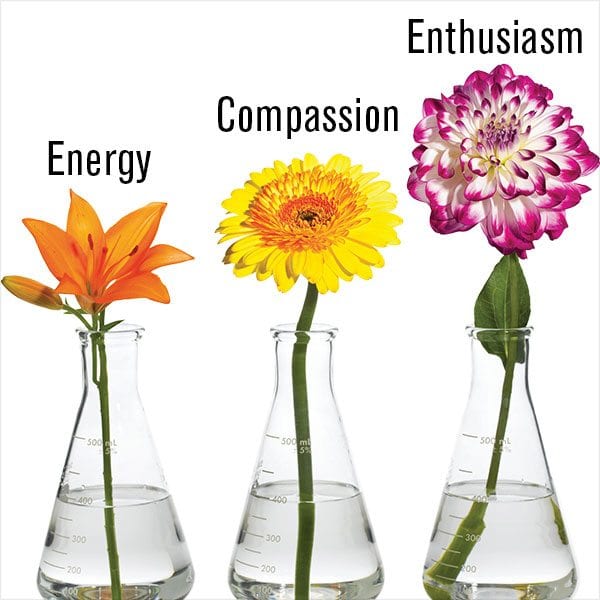 Harvard: Factors that Impact Employee Well Being, Commitment and Productivity
Harvard: Factors that Impact Employee Well Being, Commitment and Productivity
Business executives from the C-suite and HR, to QC and R&D are, by nature, focused on the corporate bottom line. A new trend in our dawning age of social sustainability is that many experts believe more attention should be paid to the dotted line – the one signed when a person commits to employment at a company. Harvard research validates this approach, affirming that trust and purpose play a significant role in building successful, productive workplaces.The behavioral research, conducted by a team at Harvard University and Massachusetts General Hospital, identifies the factors most likely to impact 21st century employee well being, commitment and productivity. The researchers found that commitment is largely influenced by one’s sense of purpose, feeling of personal impact and overall trust in the organization. Productivity is largely affected by the quality of human relationships including cooperative, social group moods and interaction.“The results lead us to conclude that workplaces that provide positive environments that foster interpersonal trust and quality personal relationships create the most committed and productive employees,” says Nancy Etcoff, Ph.D., the lead researcher on the study.Expert Shares Keys to Building Successful Workplace Relationships
According to business strategist Courtney Anderson, J.D., M.B.A., “Outstanding leadership today means much more than just doing your job. Success is creating an environment that fosters happy, committed, productive team members.”Anderson explains that reinvigorating workplaces by enhancing trust and employee commitment does not have to be difficult. The biggest challenge, she says, “is making the time to truly change in our overscheduled, instant access competitive work environments. With a little know-how, it can be easy to evolve workplace well being and respond to these compelling research results.”Some of Anderson’s answers for fostering corporate purpose and trust can be presented in three categories: environment, management and leadership.- Provide Environmental Support: Great employers manage their physical environments as much as the workload. For example, studies at Rutgers and Texas A&M universities have proven that something as simple as adding flowers to the environment enhances moods, social interaction and on-the-job creativity and productivity. A previous Harvard study confirmed that flowers have an energizing effect on people at work. Other managers succeed by encouraging rewarding opportunities, such as participating in a local cause marketing program or simply having monthly team lunches or team-building exercises.
- Practice “Uneventful Management”: Be ready for crises but, on a daily basis, present yourself to your team and others as prepared, calm and assertive. While there will evidently be unexpected circumstances that require modifications and change, one’s leadership abilities can help instill loyalty and trust. Honest, direct communications are both expected and respected, and you should make time to reach out to your team on a regular basis to keep them informed of progress and issues that they may face down the road.
- Exude Leadership: Employees commit to leaders who demonstrate three qualities: confidence, credibility and flexibility. Engage in substantive self-evaluation, acknowledge your weaknesses and improve where necessary.
Methodology
Nancy Etcoff, Ph.D., of Harvard Medical School and Massachusetts General Hospital, and her research team investigated the factors most likely to impact 21st century employee well being and commitment. They found that elements including a sense of purpose and trust and quality human relationships were most likely to determine a worker’s feelings of well being and productivity.The research was conducted with cooperation from Cytyc Corporation, a publicly traded company that is a top producer of women’s health screening products and services. Self-reported environmental and emotional surveys were completed online by participants before and after the intervention. The surveys covered a wide variety of topics, including perceived creativity, productivity, morale, happiness/emotions, stress levels, team interaction, social interaction and neatness.About the Reseacher
 Nancy Etcoff, Ph.D., is a faculty member of the Harvard Medical School and the Harvard University Mind/Brain/Behavior Initiative and a practicing psychologist at the Massachusetts General Hospital Department of Psychiatry where she is the Director of the Program in Aesthetics and Well Being. At Harvard, she currently teaches a course entitled “The Science of Happiness.”
Nancy Etcoff, Ph.D., is a faculty member of the Harvard Medical School and the Harvard University Mind/Brain/Behavior Initiative and a practicing psychologist at the Massachusetts General Hospital Department of Psychiatry where she is the Director of the Program in Aesthetics and Well Being. At Harvard, she currently teaches a course entitled “The Science of Happiness.”About the Business Expert
 Courtney Anderson, JD, MBA Dubbed “the workplace relationship expert,” Anderson is an attorney, author, internationally renowned business strategist, television media personality and legal analyst. She is a motivational keynote speaker in all areas of leadership. She holds a B.A. from The University of Texas at Austin, and J.D. from The University of Texas School of Law and an M.B.A. from the Texas A&M Univeristy System.
Courtney Anderson, JD, MBA Dubbed “the workplace relationship expert,” Anderson is an attorney, author, internationally renowned business strategist, television media personality and legal analyst. She is a motivational keynote speaker in all areas of leadership. She holds a B.A. from The University of Texas at Austin, and J.D. from The University of Texas School of Law and an M.B.A. from the Texas A&M Univeristy System.

Aboutflowers.com is hosted by the Society of American Florists, the U.S. floral industry trade association. Click below to find a local SAF member florist to send flowers, roses and gifts for delivery.
